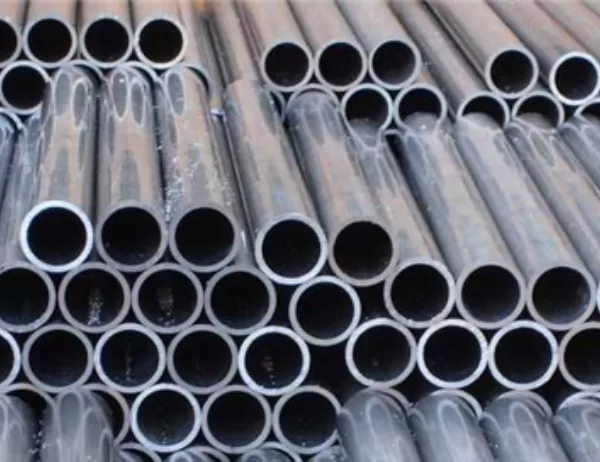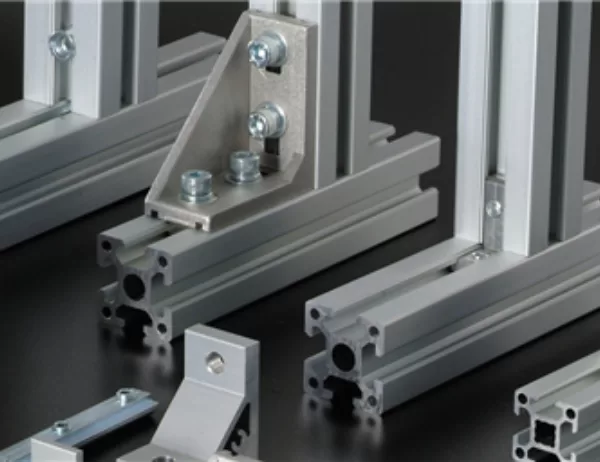In the relentless pursuit of fuel efficiency, automotive manufacturers have embarked on a quest for lighter vehicles. Enter aluminum extrusions, the unsung heroes of automotive weight reduction.
Aluminum extrusions are shaped profiles created by forcing molten aluminum through a die. This process enables the creation of complex shapes with precise dimensions, making them ideal for various automotive components. Compared to traditional steel parts, aluminum extrusions offer significant weight savings without compromising structural integrity.
Weight Reduction and Fuel Efficiency
The aviation industry has long recognized the benefits of aluminum’s lightweight prowess. Now, automotive engineers are harnessing this same advantage to reduce vehicle weight. Every pound shed translates into improved fuel economy, reducing emissions and lowering operating costs.
Enhanced Structural Properties
Despite their light weight, aluminum extrusions exhibit excellent strength-to-weight ratios. They resist bending and twisting forces, ensuring the vehicle’s structural stability and crashworthiness. They also provide excellent corrosion resistance, enhancing the vehicle’s lifespan.
Design Flexibility
Aluminum extrusions’ versatility allows them to be tailored to specific design requirements. Engineers can create intricate shapes and hollow sections, optimizing weight while maintaining structural integrity. This flexibility empowers manufacturers to create unique and innovative designs that set their vehicles apart.
Cost Optimization
While aluminum extrusions may carry higher upfront costs than steel components, they offer long-term cost savings. Their lightweight nature reduces fuel consumption and maintenance expenses. Additionally, the use of advanced manufacturing techniques has made aluminum extrusions more cost-competitive.
Environmental Considerations
In an era of increasing environmental consciousness, aluminum extrusions emerge as an eco-friendly solution. They are highly recyclable, minimizing their environmental impact. Moreover, by reducing fuel consumption, they contribute to lowering greenhouse gas emissions.
The role of automotive aluminum extrusions in lightweighting vehicles is undeniable. Their combination of low weight, enhanced structural properties, design flexibility, and cost optimization makes them an indispensable tool for manufacturers striving to create more fuel-efficient and environmentally sustainable vehicles. As the automotive industry continues to evolve, aluminum extrusions will remain at the forefront of the quest for lighter and more efficient vehicles.




